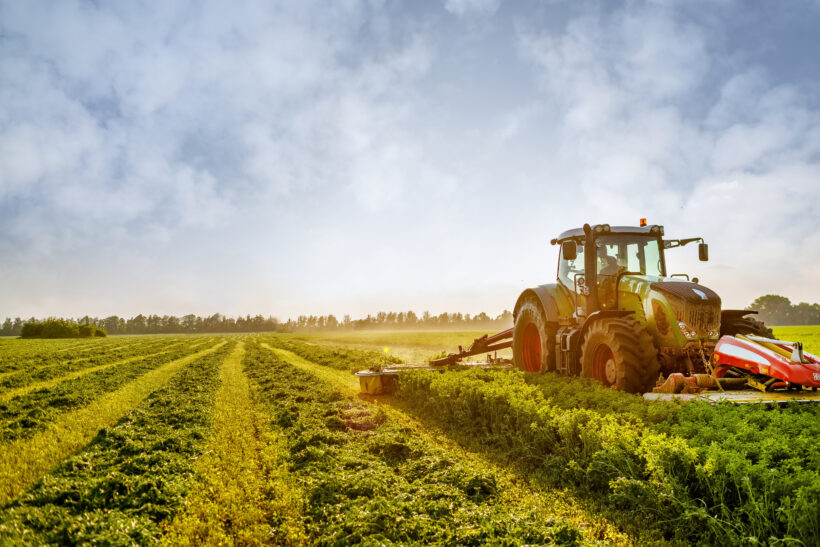Introduction:
The agriculture industry has always been a cornerstone of human civilization, providing sustenance and livelihoods for countless communities worldwide. As we step into 2023, the agricultural landscape is evolving, influenced by technological advancements, sustainable practices, and changing consumer preferences. If you’re considering entering this dynamic field, now is an excellent time. This guide will help you navigate the agriculture industry in 2023 and embark on a rewarding and impactful journey.
- Research and Education: Before taking the plunge, equip yourself with knowledge about modern agricultural practices, technologies, and market trends. Attend workshops, seminars, and webinars related to agriculture. Consider enrolling in courses or obtaining certifications in areas like sustainable farming, precision agriculture, or agribusiness management.
- Identify Your Niche: The agriculture industry is vast, encompassing a range of activities from crop cultivation and livestock farming to agribusiness, agro-processing, and agri-tech. Identify your area of interest and specialization, as this will shape your journey in agriculture.
- Embrace Technology and Innovation: In 2023, technology plays a pivotal role in agriculture. Familiarize yourself with modern tools such as drones, IoT devices, AI-driven analytics, and precision farming equipment. These technologies can enhance productivity, reduce resource consumption, and improve overall efficiency.
- Sustainability and Environmental Awareness: Sustainable agriculture is not just a trend; it’s a necessity. Familiarize yourself with practices like organic farming, permaculture, and regenerative agriculture. Understanding and implementing eco-friendly methods not only benefit the environment but also appeal to an increasingly conscientious consumer base.
- Network and Build Relationships: Connect with local farmers, agricultural organizations, and industry professionals. Attend agricultural fairs, conferences, and networking events. Building a network can provide valuable insights, mentorship, and potential business partnerships.
- Market Research and Business Planning: Conduct thorough market research to understand the demand for specific agricultural products or services in your region. Develop a robust business plan that outlines your goals, target audience, financial projections, and marketing strategies.
- Access to Capital: Depending on your chosen venture, you may need capital for land, equipment, seeds, livestock, or technology. Explore funding options such as loans, grants, agricultural subsidies, or venture capital for agri-tech startups.
- Compliance and Regulations: Familiarize yourself with local, state, and federal regulations governing agriculture. This includes zoning laws, environmental regulations, and food safety standards. Compliance is crucial for the success and sustainability of your agricultural venture.
- Adaptability and Resilience: Agriculture is subject to various external factors like weather conditions, market fluctuations, and unforeseen events. Being adaptable and resilient is key to overcoming challenges and thriving in this industry.
- Continuous Learning and Improvement: Stay updated with the latest developments in agriculture through industry publications, online forums, and educational resources. Embrace a culture of continuous learning to stay competitive and innovative.
Conclusion:
Entering the agriculture industry in 2023 is an exciting opportunity to be part of a vital sector that feeds the world. By combining knowledge, innovation, and sustainable practices, you can forge a successful and fulfilling career in agriculture. Remember, each step you take, no matter how small, contributes to the greater mission of ensuring food security and sustainability for future generations.
Disclaimer: This article is provided for informational purposes only and does not constitute financial, investment, or legal advice. The author and publisher are not responsible for any decisions made based on the information provided. Readers are advised to seek professional advice for their specific circumstances. Any reliance on the information in this article is at the reader’s own risk.
To read more, click here
Thank You For Reading, feel free to ask any questions in the comment section below.
Follow us on Social Media Platforms,
Click Here: Instagram, Facebook, YouTube, and Twitter
Stay Informed, Stay Responsible with My Finance World!










